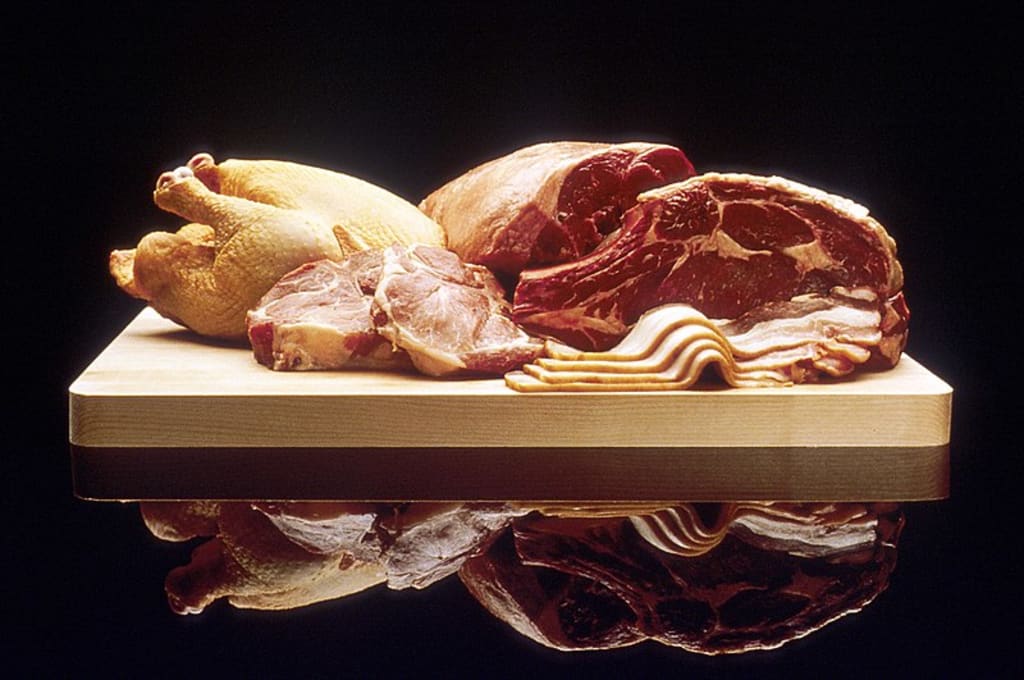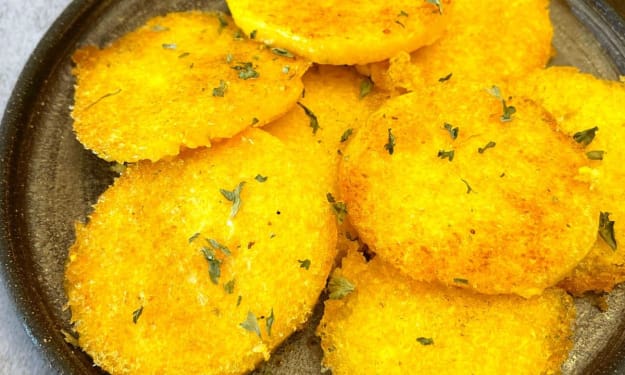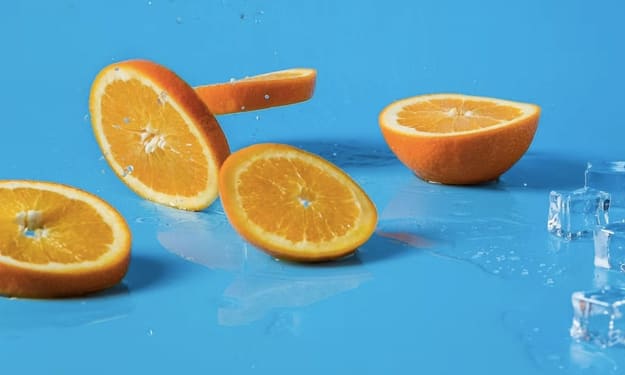What would happen if everyone stop eating meat?
Can we survive this?

Imagine if a wizard of meatless dining suddenly appeared on Earth and with one wave of a wand wiped away all meat from our shelves— along with any desire to eat it. Farm animals destined for food vanish, whisked away to another planet. What happens in the following days, years, and even millennia? Can we even survive this?
Let's embark on a thought experiment together: What if, in a world where there are over four times as many livestock as there are people, a mystical figure of meatless dining suddenly emerged, with a single gesture, banishing all meat from our shelves and erasing any desire to consume it? In this scenario, farm animals destined for food vanish, and the consequences span days, years, and even millennia. Instantly, food-related greenhouse gas emissions drop by approximately 63%, but we face a nutritional gap without the roughly 70 billion chickens, 1.5 billion pigs, 300 million cattle, and 200 million tons of fish and shellfish we processed for consumption each year. The demand for fruits, vegetables, and legumes soars, initially leading to rising produce costs, creating challenges, particularly in regions like Mongolia where growing vegetables is challenging.
Cultures built around meat lose their foundations, affecting people's diets and livelihoods. For instance, salmon-eating tribes in the Pacific Northwest of the United States lose an integral aspect of their culture. Tens of millions of anglers lose their livelihoods. As the meat industry collapses, households in developing countries scramble for income, some transitioning to crop agriculture, which brings benefits but also challenges. Eventually, vegetarianism becomes more affordable than meat-eating in most countries.
An encouraging aspect is that we don't need to clear new farmland to meet the demand for vegetarian food, as land previously used for animal feed becomes available. In this transition, our new diets require less land and water. The result is the avoidance of millions of deaths each year due to lower rates of heart disease, cancer, and other conditions linked to red meat consumption. Furthermore, the reduced consumption of meat helps reduce the risk of contracting new pathogens from wild animals, novel influenza viruses from farmed pigs, or drug-resistant superbugs from beef cattle. And also a diet high in meat, particularly red and processed meats, is associated with a higher risk of various health issues, including heart disease, certain cancers, and obesity. Stopping meat consumption could lead to a reduction in these health risks.
As the years go by, global biodiversity thrives as habitat loss and pesticide use decline. Human genetics may also adapt, with those in traditionally vegetarian regions potentially evolving to process plant-based fats more efficiently. However, some adaptations, like the ability to extract iron from meat, may be lost. It's important to note that no wizard will make our world meatless, and despite a growing number of individuals choosing vegetarianism, meat consumption is on the rise globally, which poses environmental challenges.
The production of beef and dairy remains a significant contributor to food-based emissions, responsible for over 60% of such emissions while providing only around 18% of the world's calories. Shifting away from beef, cheese, and milk consumption can go a long way in achieving many benefits similar to those in a hypothetical meatless world, without relying on magic.
It's important to note that transitioning to a society where everyone stops eating meat is a complex and multifaceted process. Such a shift would likely be gradual and accompanied by efforts to address the various challenges and opportunities that arise. Additionally, it would depend on individual choices, societal attitudes, and government policies to promote and support such a transition.





Comments (2)
I can't imagine a life without meat.
Thanks for reading my article. let me know what you think